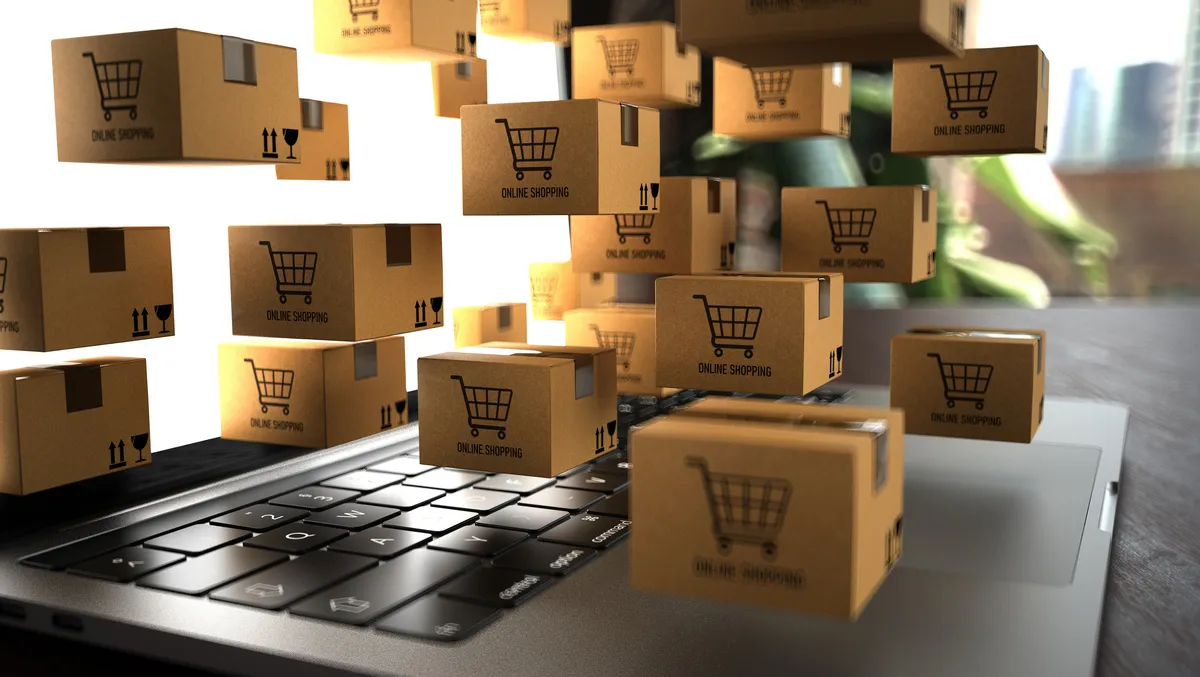
Retailers remain confident in face of economic uncertainty
Salesforce has released the fifth edition of its State of Sales Report, in partnership with the Australian Retailers Association (ARA), which reveals 83% of ANZ retailers have strong confidence in their organisations ability to close deals despite changing social and economic conditions.
The report, which surveyed nearly 8,000 sales professionals worldwide including 135 sales leaders, managers and representatives who work in the retail and consumer goods sectors across ANZ, uncovered how sales teams are adapting to evolving external challenges and customer demands to drive efficiency, productivity, and success now for their business.
It found 78% of ANZ sales leaders say selling is harder than it was two years ago, with unpredictable market conditions, competition with other businesses, and changing customer expectations amongst the biggest challenges to sales teams overall goals.
Yet despite ever-changing market conditions, retail sales professionals are prepared for the future. Eighty-two per cent of sales professionals are very confident in their organisations growth strategy over the next year, with 81% feeling confident that on the whole their organisations are able to retrain or reskill their sales workforce for todays new economy - with a renewed focus on productivity and efficiency.
"Today's retailers are adjusting to a world that is more competitive, complex and resource-constrained driven by external factors like rising inflation, supply chain challenges and changing regulations," says Jo Gaines, Area Vice President for Retail and Consumer Goods, Salesforce.
"However, those that modernise their tech stack and leverage new technologies like artificial intelligence can create a more productive workforce that better understands who their customers are beyond a single moment in time," she says.
"This alongside improved cross-functional alignment between sales and marketing, customer service and sales operations is enabling efficiencies and freeing-up sales reps to focus on what they were hired to do: focus on the human side of selling and build meaningful relationships with their customers.
"In the face of uncertain economic times, short-term sales opportunities are taking a back seat in favour of long-term relationship building. In the year ahead, retailers must focus on fostering customer loyalty to drive recurring sales and consistent growth."
Paul Zahra, CEO, Australian Retailers Association, adds, "The world of retail is evolving at an ever-increasing pace and sales professionals know better than most the importance of meeting the customers where they are.
"The pandemic accelerated changes and shifts towards omnichannel retail and demonstrated that those willing to harness technology and innovation to meet their customers needs were able to be resilient in the face of crisis," he says.
"Retailers who used the past few years to consolidate their technology strategy are now reaping the benefits of sophisticated systems set-up to support growth and success.
"Post-pandemic, we face fresh headwinds - compounding economic strain, supply chain and resource challenges and labour shortages as well as the impact of climate change on customer sentiment and product and service offerings. It is important for retailers to consolidate their learnings from the pandemic and to continue to listen closely to their customers and feedback from their sales teams to help navigate through what is bound to be another year of intense challenge but momentous opportunity."
The ARA predicts Australians will spend a record $66 billion in the November to December pre-Christmas trading period this year, up 6.4% on last years spending. The higher numbers are driven largely by price increases as well as stronger food and hospitality spending, as Aussies enjoy their post-pandemic experiences.
"While these are great results, it is important to acknowledge that price increases are a factor in these numbers and are also driving Australians to spend to get in ahead of inflation," says Zahra.
"Despite the record sales numbers expected in the tail-end of 2022, retailers need to be preparing for an uncertain 2023. Agility, future focus and maximising efficiency are key skill sets needed within retail teams. Focus needs to remain customer-centric, as loyalty and retention are imperative to success in the coming years."
Key findings include:
Retailers feel stifled by a complex and competing sales environment
Companies are moving away from high-risk growth strategies in favour of modest and consistent growth. Globally, 42% of respondents say company-wide sales strategies and selling techniques have completely changed since the pandemic, with a focus on value-based communication that aims to solve a customers or prospects biggest challenges.
Operational efficiency is taking on growing importance
Sales ops are expanding into a more strategic role, tasked with enabling sales reps to spend more time in customer conversations. Retailers say data-driven tactics, improving training on tools and technologies, and improving data accuracy and quality are amongst the most important factors to drive growth over the next year.
Artificial intelligence key to enabling a productive workforce
Artificial intelligence (AI) is becoming more entrenched in day-to-day activities, with 45% of retailers saying AI has been a major improvement in the use of sales reps time, prioritisation of leads (41%), and gaining an understanding of the competition (39%).
Employers are focused on improving the staff experience
Retailers are looking to upgrade training and benefits to set employees up for success. But new headcount is limited - the turnover of sales professionals over the next 12 months is expected to be 26%.
Retailers strive to meet rising customer expectations
Customers are looking for sales reps to meet them wherever they are, regardless of channel: this includes ecommerce platforms, social media networks and personal assistants. Currently retailers connect with customers on an average of 10 channels, with email (86%), phone (86%) and social media (85%) being the most commonly used.


